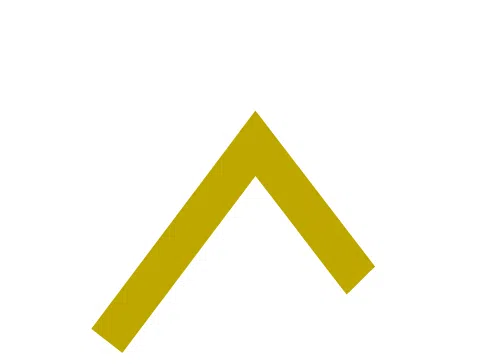300 times per day.
According to RescueTime, and their analysis of over 225 million hours, that’s how often users switch tasks while at work. Though the number may seem shocking at first, it becomes less so when you think of how often you interrupt a task to read a new e-mail or mindlessly click a hyperlink in an article you’re reading or answer a client’s call while working on a report… the instances add up fast! Each time we switch tasks like this, we make a decision, and unfortunately, the more decisions we make, the worse we get at them – a concept called “decision fatigue.” RescueTime explains: “the more decisions you need to make, the worse you’re going to be at weighing all the options and making an educated, research-backed choice.”
Decision fatigue may seem unavoidable – as our staff noted, it’s our job to make decisions constantly –for ourselves and our clients. However, there are a few strategies you can employ to help you avoid decision fatigue:
Know When You’re Most Effective (and plan accordingly!)
RescueTime cited a study in which researchers found that “the most influential factor in whether or not someone was granted parole [by a judge in the U.S.] wasn’t their crime, background, or sentences. But what time their case was heard.” Prisoners who appeared in the court earlier in the day were granted parole around 70 percent of time, whereas prisoners who were scheduled for later in the day were granted parole less than 10 percent of the time. Clearly, as the day goes on, many of us are less capable of making thoughtful and rational decisions. If you find this applies to you, spend your mornings tackling the projects that require the most creativity and thought and save the more manual tasks for the afternoon.
Create Routines for Yourself
By creating routines for yourself, you can limit the number of decisions you have to make on a daily basis. Our staff suggested meal-prepping a week’s worth of meals on a Sunday or creating a monthly exercise plan. You can also make your work environment routine – maybe, for you, the work day doesn’t start until you have a cup of coffee in your go-to mug and a printed-out to-do list by your side. By creating a sense of consistency in your day-to-day, you free up space for your brain to make harder—and more important—decisions.
Schedule Your Day (and stick to it!)
Our staff all agreed that it can be hard to stick with a task while at work; we can become distracted by our emails, phones, colleagues, etc. And though it’s often tempting to switch tasks (“I’ll just respond to this e-mail real quick!” or “I should pause to print out those agendas before I forget!”), it’s best if we don’t; staying on task makes us more effective. Our staff discussed how scheduling one’s day can help us stay on task. For instance, members of our staff who conduct research recommended blocking off hours on their calendar to do solely that. During that period, they don’t answer e-mails or calls (unless they’re urgent!). This helps them be productive – during that time period and throughout the day.
Lessen Inflow
Decision fatigue is compounded by our high consumption of media. Every news link we click on, social media post we interact with, email we open and read – these are all—you guessed it—decisions! GetPocket, and our staff, shared some helpful tips on how to limit this constant inflow:
- Create a separate e-mail address for non-essential news – that way you won’t get distracted by a sale at your favorite clothing store while drafting an email to a potential client!
- Limit your time on social media – Consider, for instance, perusing Facebook only while eating breakfast every morning so you’ll be less tempted to check it throughout the day.
- Use pen and paper – Working through a complex task and need to write down your ideas? Consider ditching your computer to do so. You might find it’s even quicker, as you won’t be distracted by any unrelated alerts!
Development Guild employees are committed to advancing important social, cultural, educational, and scientific causes as part of an inclusive and collaborative work environment. If you’re interested in becoming a part of our team, you can explore our current openings here: Join Us.


